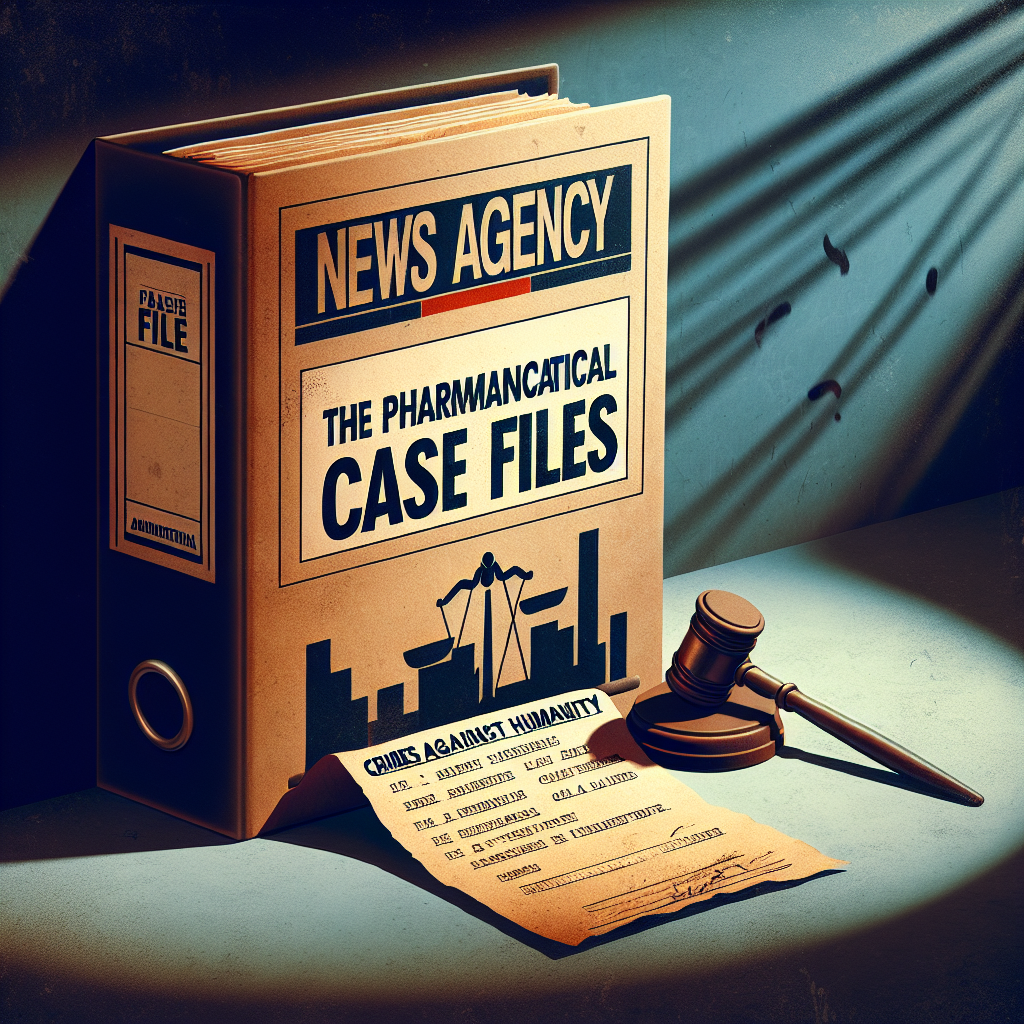“The Pfizer Papers: Pfizer’s Crimes Against Humanity,” co-authored by Naomi Wolf, was released recently and quickly became a bestseller, drawing the attention of governments in the US, UK, and Australia that sought to suppress it. This extraordinary publication is the culmination of a significant effort involving 3,250 highly qualified doctors and scientists, guided by Amy Kelly, who worked diligently for two years analyzing 450,000 internal Pfizer documents that were made public following a successful lawsuit led by attorney Aaron Siri. The volunteers aimed to unveil serious issues regarding the safety and efficacy of the Pfizer COVID-19 vaccine based on the clinical trial data and internal company communications. The magnitude of their findings led them to assert that these issues constitute one of history’s most significant violations against humanity.
The book provides a unique lens into an extensively researched project that began when Aaron Siri compelled the FDA to release the Pfizer documents. The released data chronicles the clinical trials aimed at securing Emergency Use Authorization (EUA) for the mRNA vaccine, which was granted by the FDA in December 2020 amid a public health crisis. The urgency to approve the vaccine raised ethical concerns surrounding the expedited approval process, which allowed Pfizer to release a product that had not undergone the customary rigorous safety trials typically spanning over a decade. The public was largely misled into believing that the vaccine was safe based on government-promoted narratives, not realizing that the harms they experienced were, effectively, part of an ongoing observation process driven by Pfizer.
Documentation within “The Pfizer Papers” reveals events that unfolded during the vaccine’s rollout in late 2020 and early 2021, during which stakeholders proclaimed the vaccine’s safety and efficacy based on centrally crafted messages. Millions faced coercion to receive the vaccine due to mandates linked to employment, education, and travel, with many unaware of the lack of substantial clinical testing prior to its rollout. In seeking to suppress the documents’ release, the FDA requested a 75-year delay, raising questions about the agency’s transparency and accountability in protecting public health, reflecting deeper systemic issues surrounding pharmaceutical regulation and government collaboration.
Naomi Wolf underscores the challenges faced when the Pfizer documents were released. The complexity and vastness of the data posed a formidable barrier to media interpretation, necessitating experts across multiple scientific disciplines to accurately analyze the information. This led to a collaboration with Steve Bannon of the WarRoom podcast. Their diverse political backgrounds presented an unexpected opportunity to unite experts, as Bannon recognized the significance of the newly released documents and suggested crowdsourcing their analysis.
As volunteers began to respond to the call for help, the influx of interest and expertise posed an organizational challenge. Wolf recounts her initial apprehension when faced with managing a large group of knowledgeable individuals who were eager to contribute. Despite the chaos, the urgency and seriousness of the task at hand fueled the group’s motivation. With the inability to create a cohesive strategy, the project was on the verge of stagnation until the emergence of Amy Kelly, a project manager with a penchant for effective leadership.
Once Kelly took charge, her adeptness transformed the previously chaotic effort into a systematic analysis. She organized the volunteers into manageable working groups, enabling them to navigate through the daunting volume of intricately written documents. This newfound efficiency began to produce valuable insights and reports that underscored the importance of exposing the truths revealed in the Pfizer papers. The collaborative spirit propelled by Kelly and her team played a crucial role in bringing forth evidence that could potentially alter the public’s perception and understanding of the pandemic response and the accountability of major pharmaceutical entities.
As “The Pfizer Papers” gains attention and sparks debate, it represents a pivotal moment of scrutiny surrounding pharmaceutical practices and regulatory oversight during one of the most unprecedented public health crises in recent history. The volunteers’ relentless pursuit of truth serves as a reminder of the potential impact that dedicated individuals can have when united by a common cause. The book not only seeks to inform the public but also to hold powerful institutions accountable for their actions amidst unprecedented global health decisions. The ongoing implications of their findings could reshape future discourse on vaccine safety, informed consent, and public health policies, amplifying the need for transparency in scientific research and health governance.

